We may have infected ourselves because we were born in the same territory. Although we are spores in movement and three of us reached europe, we transmit our rebellious being, inherited by our ancestxrs. During the revolt of 2019, we find each other. In rebel fury and collaboration, our genoma mutated. At pandemia present, we connect our actions of feminist and decolonial practices towards the opposition against the neoliberal organism trying to bolt us down, but its failed attempt transforms us into an affective virus that aims to interweave, replicate and mutate our dis-gendered tactics of subsistence. Part of "Learning from COVID19: Reflections on knowledge-related commons and practices of self-organization amidst COVID19."

Just when a historical moment was taking place as a result of the social manifestations around the world, the outbreak of COVID-19 changed the social, economical and political world scenario radically within a short period of time. The productive and reproductive neoliberal system and its techniques of precarization and instrumentalization which were at the core of the critique of those social protests worsened with the gubernamental measures against the pandemia, above all in the Global South.
In different parts of the world, the COVID-19 has been transformed into a neoliberal tool to alienate us, but the quarantine cannot paralyze us! We have to remember that the social demands persist and the protests remain alive and continue their spreading in the virtual platform. Yes, this moment offers us the possibility to come to a halt to reflect about and to abandon the traditional productive system.
At the moment, we live in a reality where everyone’s health is at risk, particularly who are most vulnerable in society. In the current crisis, political speeches and strategies omit, simply discriminate and wrench the sick, the political prisonxrs1, the undocumented, the refugexs, the workxrs and their families, everyone who has been marginalized in this patriarchal and extractivist system. Also the temporary workxrs in the arts and the cultural sector who have historically been marginalized from the social and economical system. We are part of the precarity that has been silenced by the national and global policies: without health security, without channels of circulation for our resources that would permit us to subsist economically and without substantial savings because our creativity has never found a worthy place in the economy.
Now more than ever, it is necessary to re-signify the confinement and re-activate collective dis-gendered tactics of subsistence to oppose the oppressive fibres.
dis-gendered tactics of subsistence:
to infect love
to content and disperse our current situation(s)
to replicate and transmit a rebel genoma
|
Genoma [=genetic information] It is the ensemble of dis-gendered tactics of subsistence which build the genetic material of VIRUS TDS, a virus from the megaviridae latinoamericanae family, known as the latinamerican megavirus. This genoma is characterized by a collective polymorphism, i.e. it presents in different forms, elements and composites with the only intention of subsisting the contingency of technological, economical, social, cultural, gubernamental, body and gender precarity of the capitalist system.
to spread a collaborative and emancipating pandemia
to articulate creative tactics of contagion
|
Contagion [=infected organisms replicating the virus] In the current health crisis, VIRUS TDS has entered its stage of contagion. Spreaded in the web, the keys↓ allow the virus to bind to nearby organisms covering different territories. The contagion means times of uncertainty. Little we know how the virus will spread, which forms will adopt, which mutations and new composite will emerge, but we stay attentive and creative.
to be a helper virus and to be helped by other dis-gendered virus
to mutate into new affective and productive forms
|
Mutations [=transformations of the virus to evade the immune capitalist system] Mutations are fortuitous genetic changes that allow the viral progression in different organisms. The mutative processes are generated through the release of the genetic information of VIRUS TDS↓ and through the coinfection with a helper virus which will create a new genetic material. This process allows the evasive infection of manifold cells and, consequently, of a bigger number of hosts which will allow a pandemia within the capitalist environment.
↑ VIRUS TDS [=técnicas des-generadas de subsistencia]
is a network of affective and political contagion for the resistance against the productive and reproductive neoliberal system and its precarisation and instrumentalisation of art and culture. We put the platform VIRUS TDS at everyone’s disposal as a mechanism to disseminate and spread collectively dis-gendered tactics of subsistence as a possibility to dismantle the oppressive precarity of the capitalist reality we live in. We desire to open and install collective debates of encounter and viral protest superimposing affective networks and virtual tools that go beyond the quarantine. We invite workxrs from different artistic and cultural sectors to get infected and to infect us as a subversive act of the current concept of contagion.
before the precarization of the existence disobedience
![[proteins that allow the virus to bind itself to the cells to infect=]↑Ke](https://cdn.sanity.io/images/eodip22e/production/aa5a0133c3c2538bda9a0d8e5f26132e12bdfed7-1448x2048.jpg)
[proteins that allow the virus to bind itself to the cells to infect=]↑Ke
“Learning from COVID19: Reflections on knowledge-related commons and practices of self-organization amidst COVID19” is the result of an open call for contributions launched by School of Commons in late April 2020. Shortly after COVID19 put much of the world into lockdown, the contributions form a collection of observations and different practices of learning, self-organisation, and building community amidst a global pandemic. The submitted contributions are varied in form and content, and have not been curated in any way, instead offering space to the diverse experiences and responses of all contributors.
Andrea Herrera Poblete
Artist.
Jose Cáceres Mardones
Independent Curator.
Carolina Opazo Paulina Barrenechea
Art On Demand - Radicalizing Access to Art in Times of Crisis
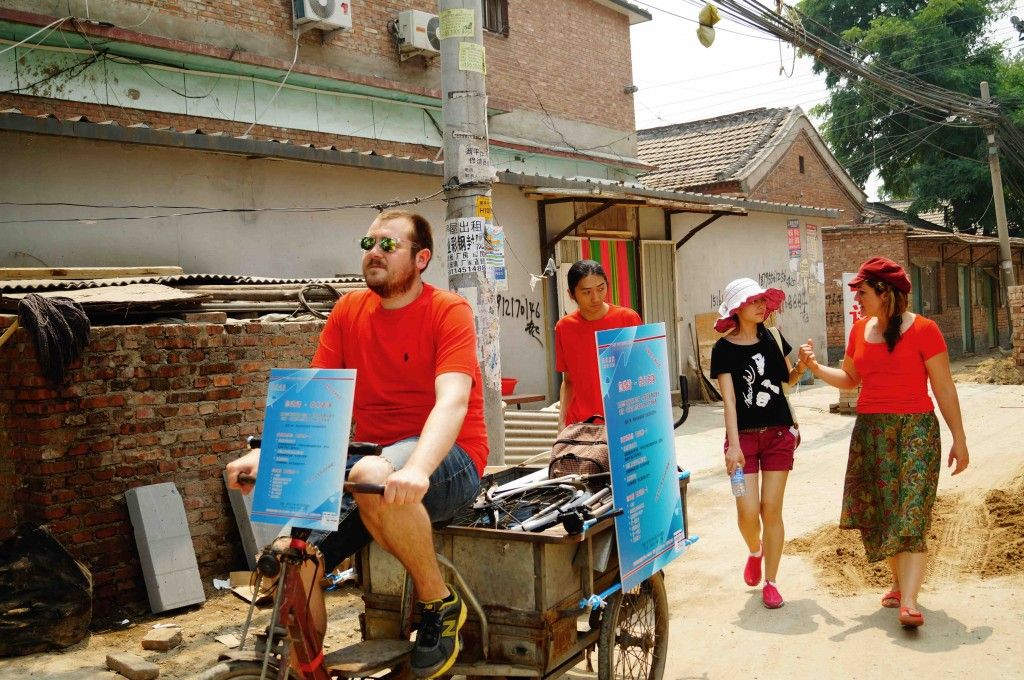
Art On Demand is a collaborative participatory project which creates a platform from and for artists, curators, writers, theorists and audiences to collectively share and experience the creation of and encounter with art. Part of "Learning from COVID19: Reflections on knowledge-related commons and practices of self-organization amidst COVID19." Read more
Bump Galaxy
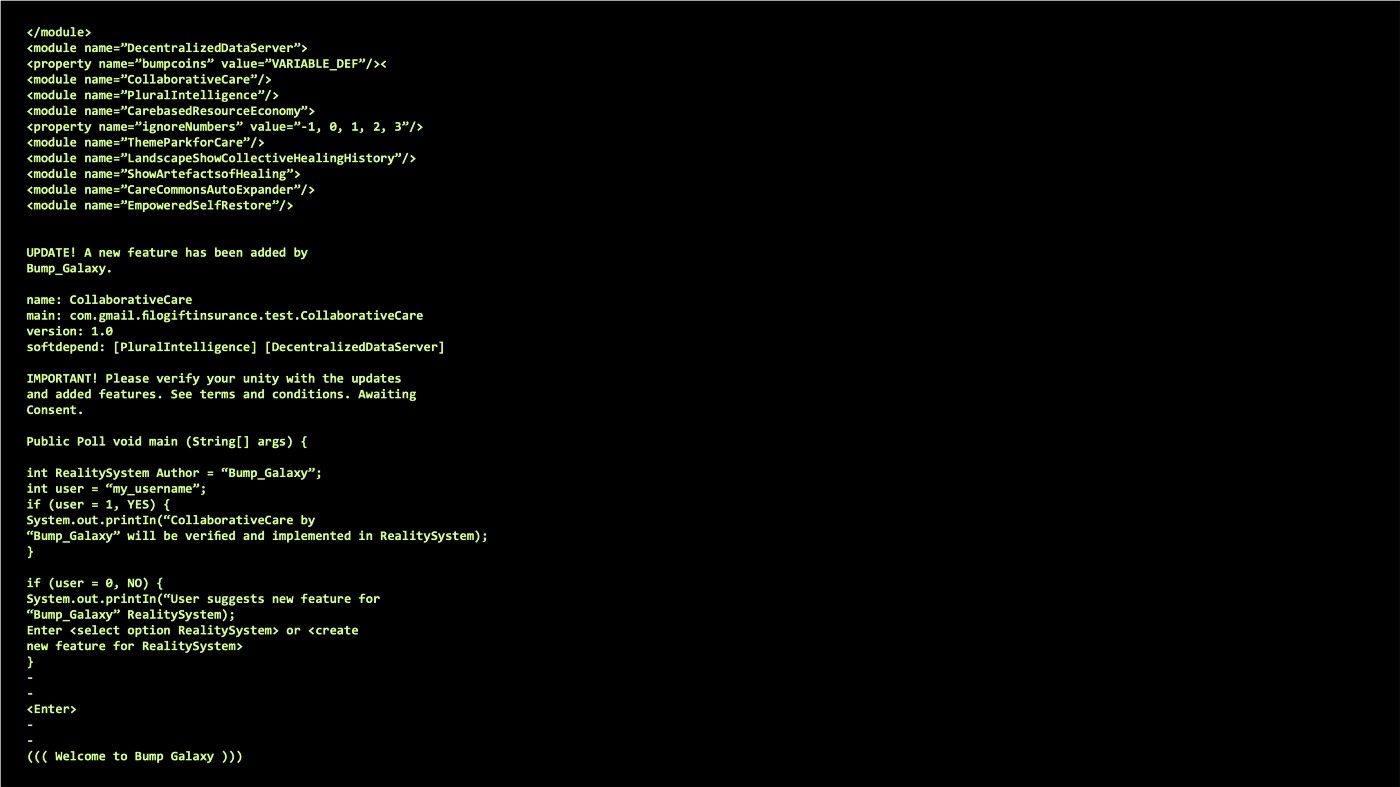
BUMP GALAXY is a virtual world and community for mental health. In it, players can visit several different Care Commons and engage with mental health professionals from around the world. Part of "Learning from COVID19: Reflections on knowledge-related commons and practices of self-organization amidst COVID19." Read more
Prom.run
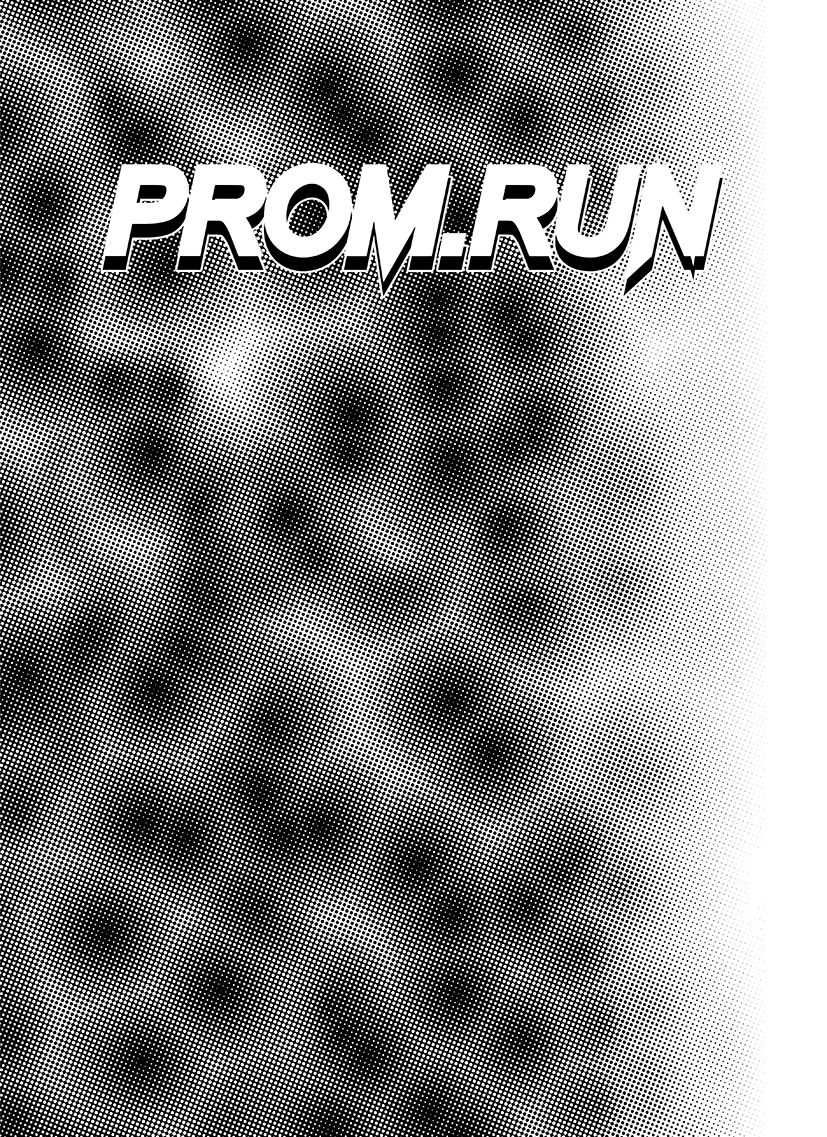
«Prom.run» is the publishing project that consists of a selection of materials that have inspired their practice as an art collective and addresses topics relating to self-organization and knowledge-related commons. Part of "Learning from COVID19: Reflections on knowledge-related commons and practices of self-organization amidst COVID19." Read more
Cuarentena Volumes I
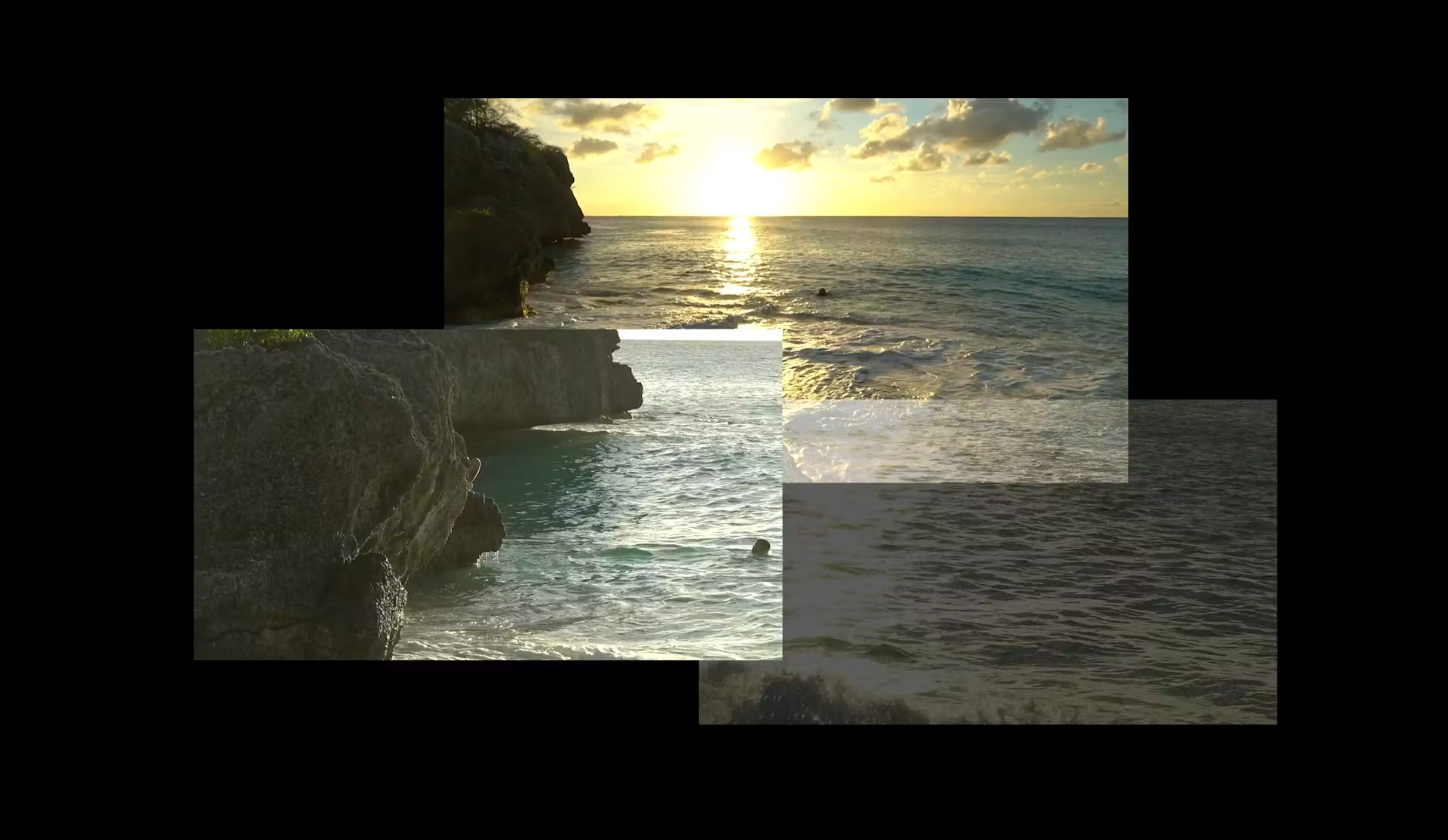
Cuarentena Volumes is abbreviated as cv: “these times might become a dent in the curriculum vitae, allowing to focus on the work itself.” Part of "Learning from COVID19: Reflections on knowledge-related commons and practices of self-organization amidst COVID19." Read more
Somebody

Centering the body without other bodies, Marquedant questions the parameters of being singular. Part of "Learning from COVID19: Reflections on knowledge-related commons and practices of self-organization amidst COVID19." Read more
I spat on it to put it back together
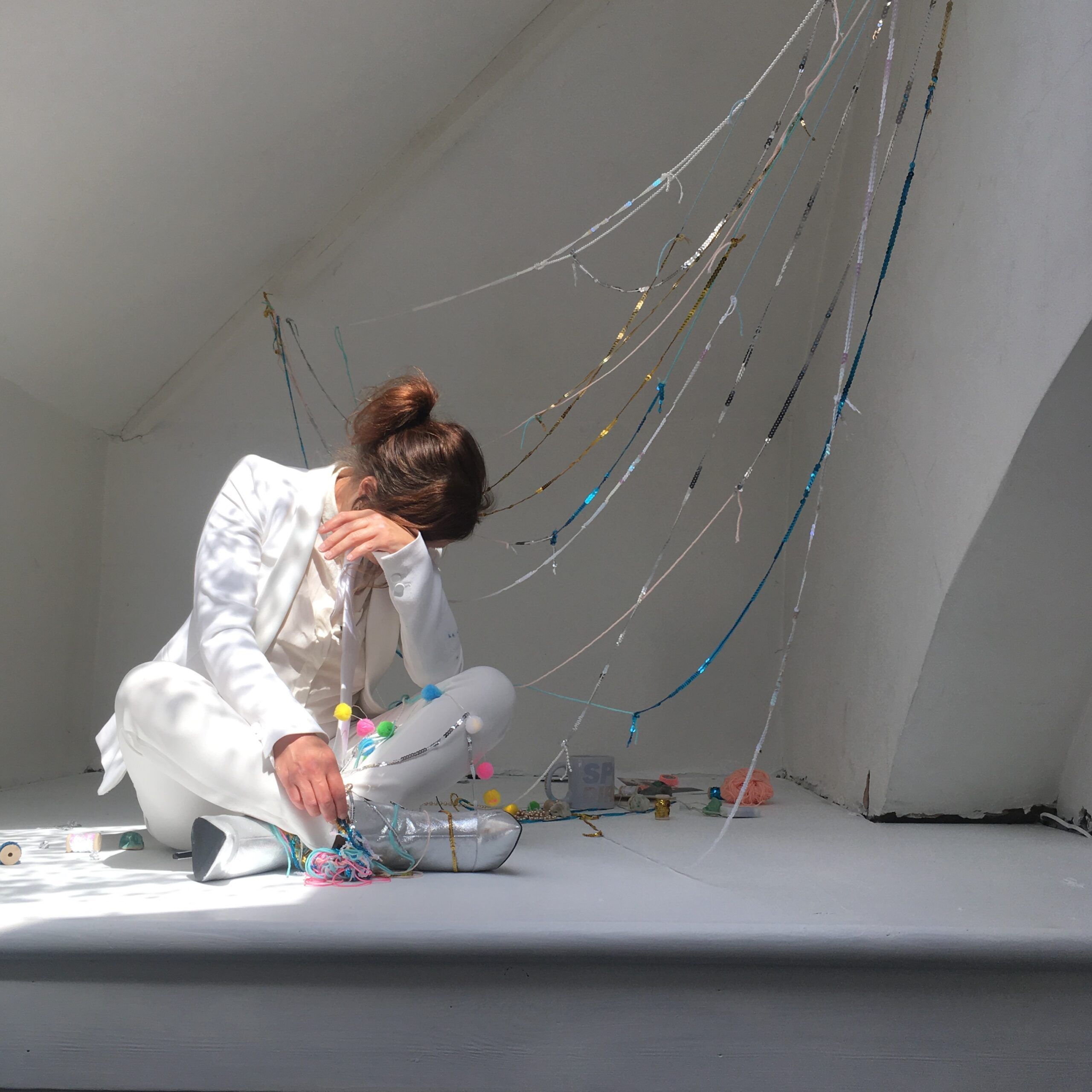
A self-conducted interview which offers insight into Price's practice and reflects upon the ways in which she positions herself both in her work as well as her community during the pandemic. Part of "Learning from COVID19: Reflections on knowledge-related commons and practices of self-organization amidst COVID19." Read more
A short reflection on what COVID-19 teaches us about science

An essay which offers a welcome respite in thinking about the future of knowledge production and its rootedness in community. Part of "Learning from COVID19: Reflections on knowledge-related commons and practices of self-organization amidst COVID19." Read more
A Conditional Construction in the Making

A text reflecting Morrison’s interests in discursive frameworks; performative platforms for critical enquiry; and ways in which we can facilitate and mediate multiple spaces for the generation of knowledge. Part of "Learning from COVID19: Reflections on knowledge-related commons and practices of self-organization amidst COVID19." Read more
GCD Memes
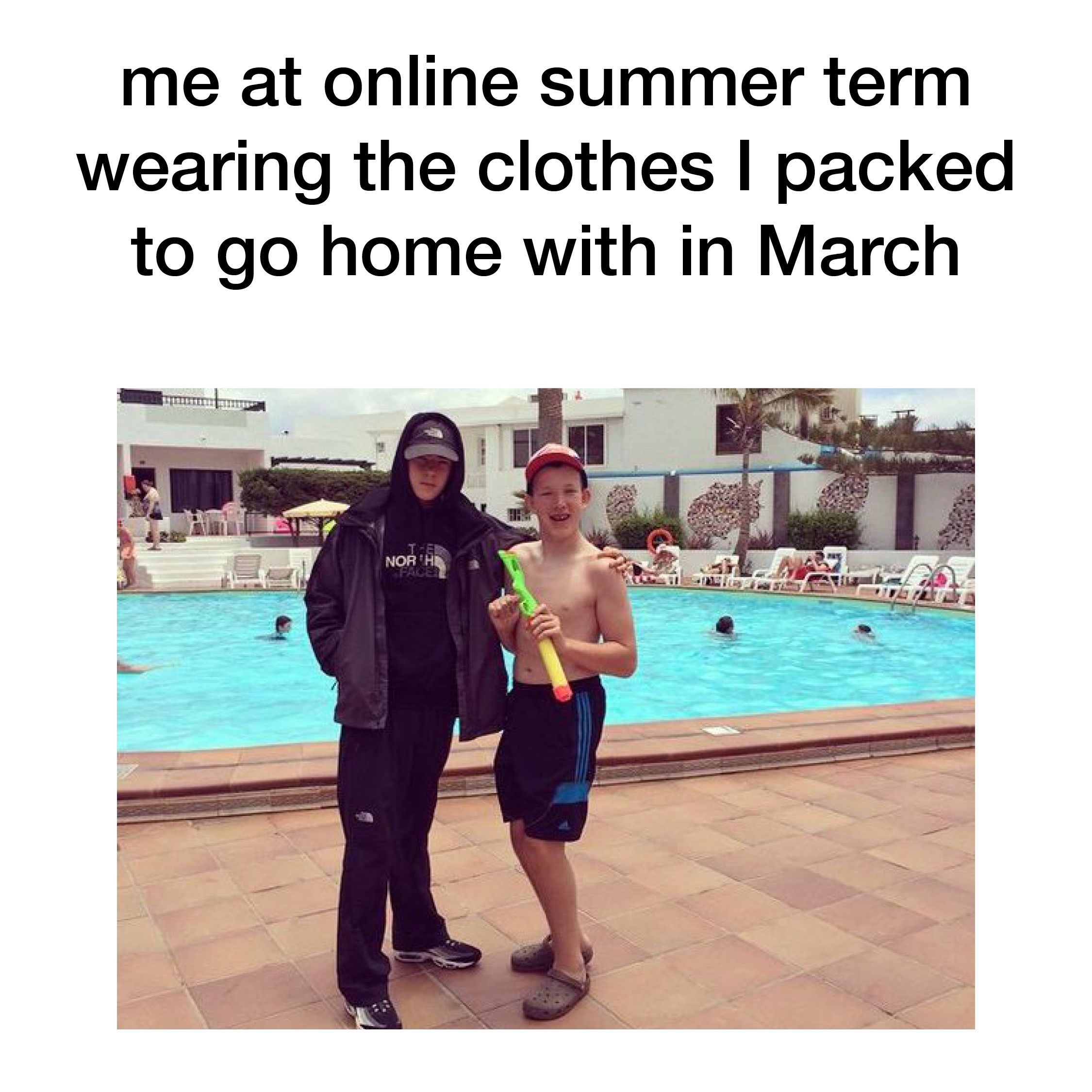
GCD Memes is a rolling body of work that attempts to reflect on the collective experiences of those involved in the GCD course at CSM from the student perspective. Part of "Learning from COVID19: Reflections on knowledge-related commons and practices of self-organization amidst COVID19." Read more
dream#1 2020

This video work is a dreamy, haunting piece that looks at the role our personal stories play in the making of history, as well as the actual political potency of our feelings. Part of 'Learning from COVID19: Reflections on knowledge-related commons and practices of self-organization amidst COVID19.' Read more
The Coffee Commons

This essay reflects upon the divergent responses to and asymmetrical consequences of COVID19 in McBride’s home country, South Africa, and her country of residence, Switzerland. Part of "Learning from COVID19: Reflections on knowledge-related commons and practices of self-organization amidst COVID19." Read more
The Anatomy of DIY-Objects in an Epidemic Infrastructure
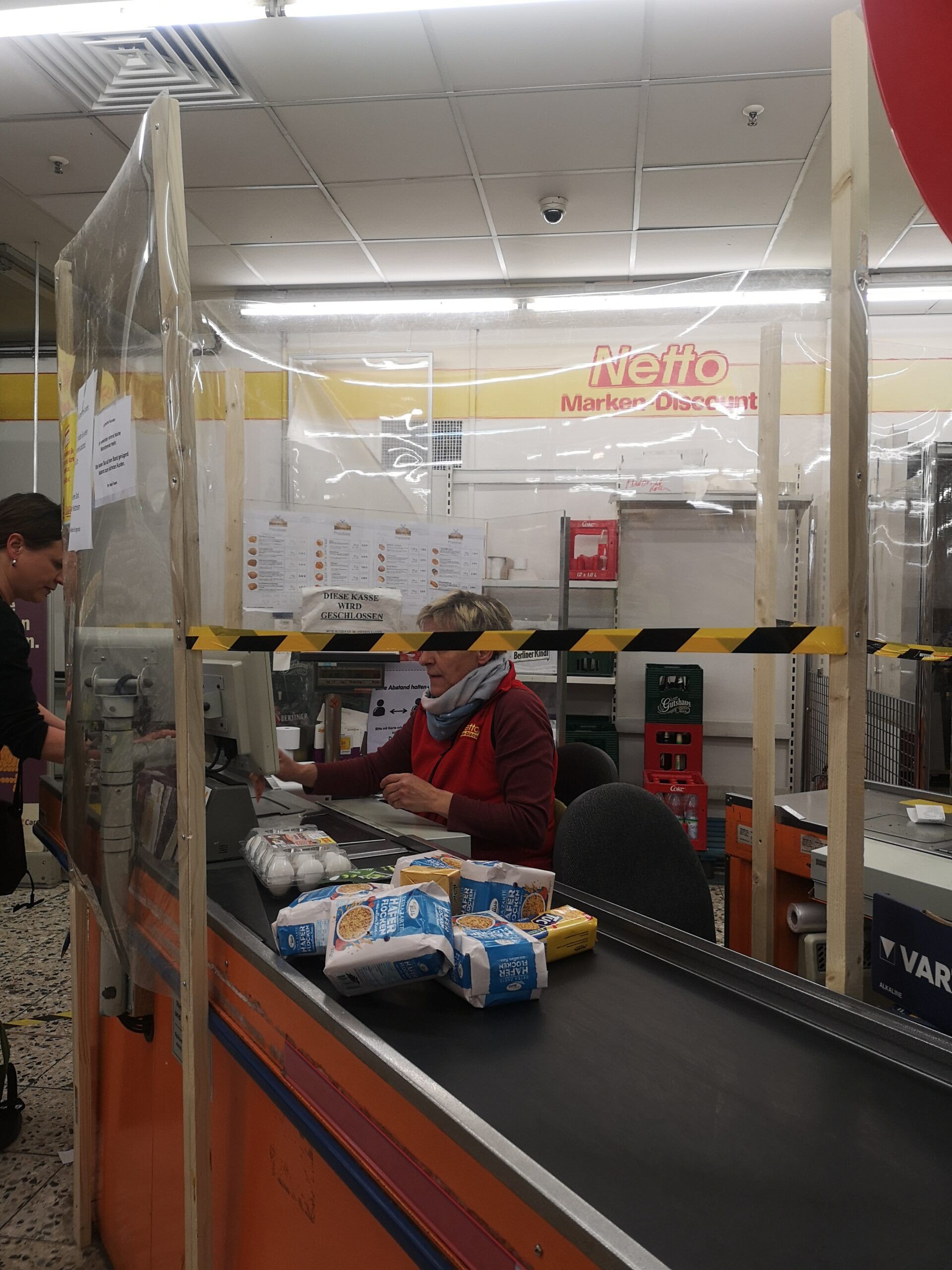
A short visual essay about the DIY infrastructures that pop up amidst a global pandemic. Part of "Learning from COVID19: Reflections on knowledge-related commons and practices of self-organization amidst COVID19." Read more
A three-minute excerpt from springtime 2020
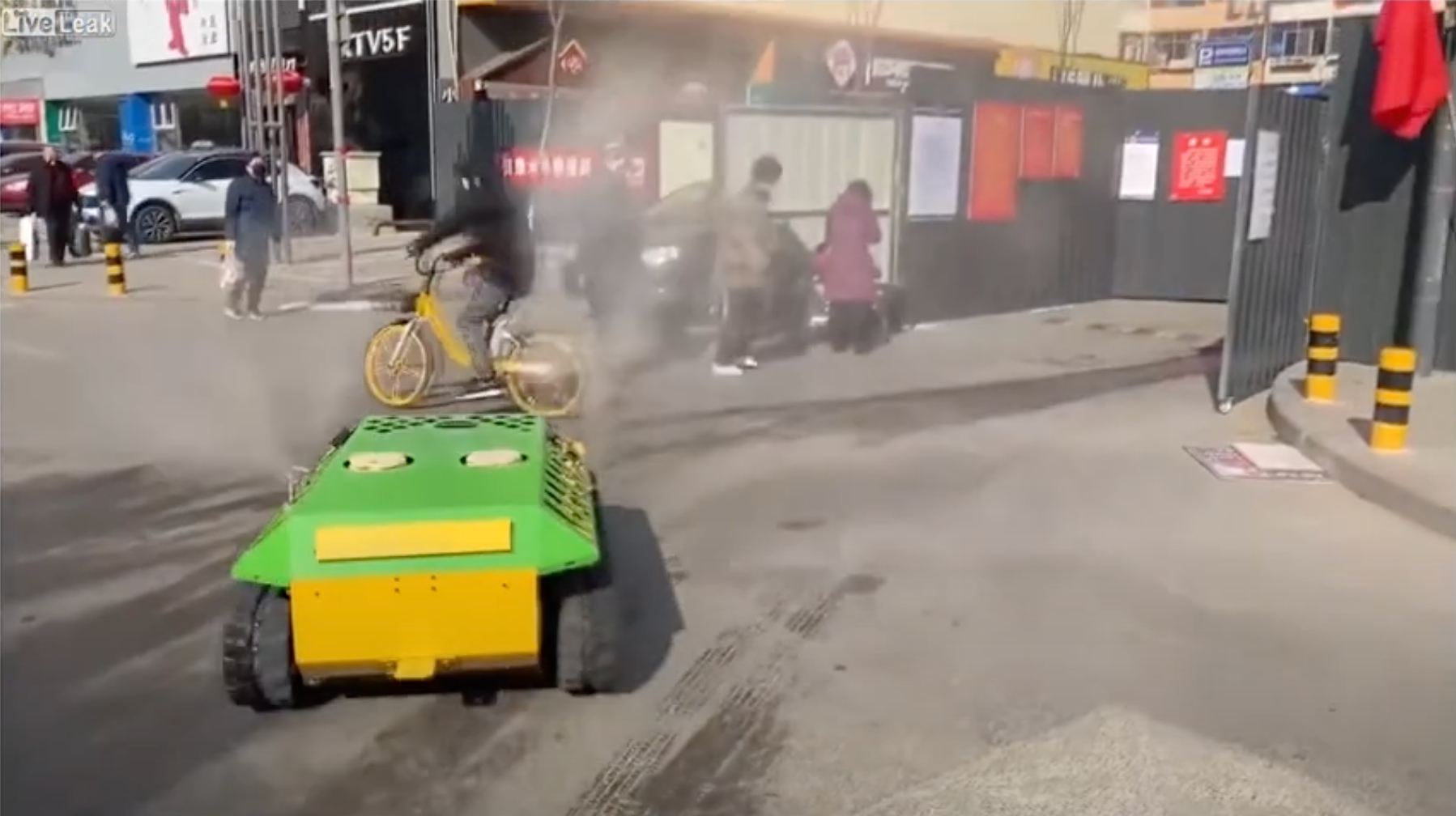
A collection of found footage from the lockdown period. Part of "Learning from COVID19: Reflections on knowledge-related commons and practices of self-organization amidst COVID19." Read more
Kein Strom

A short story, written as a diary entry, describes a lockdown-specific encounter. Part of "Learning from COVID19: Reflections on knowledge-related commons and practices of self-organization amidst COVID19." Read more
Wochenplan
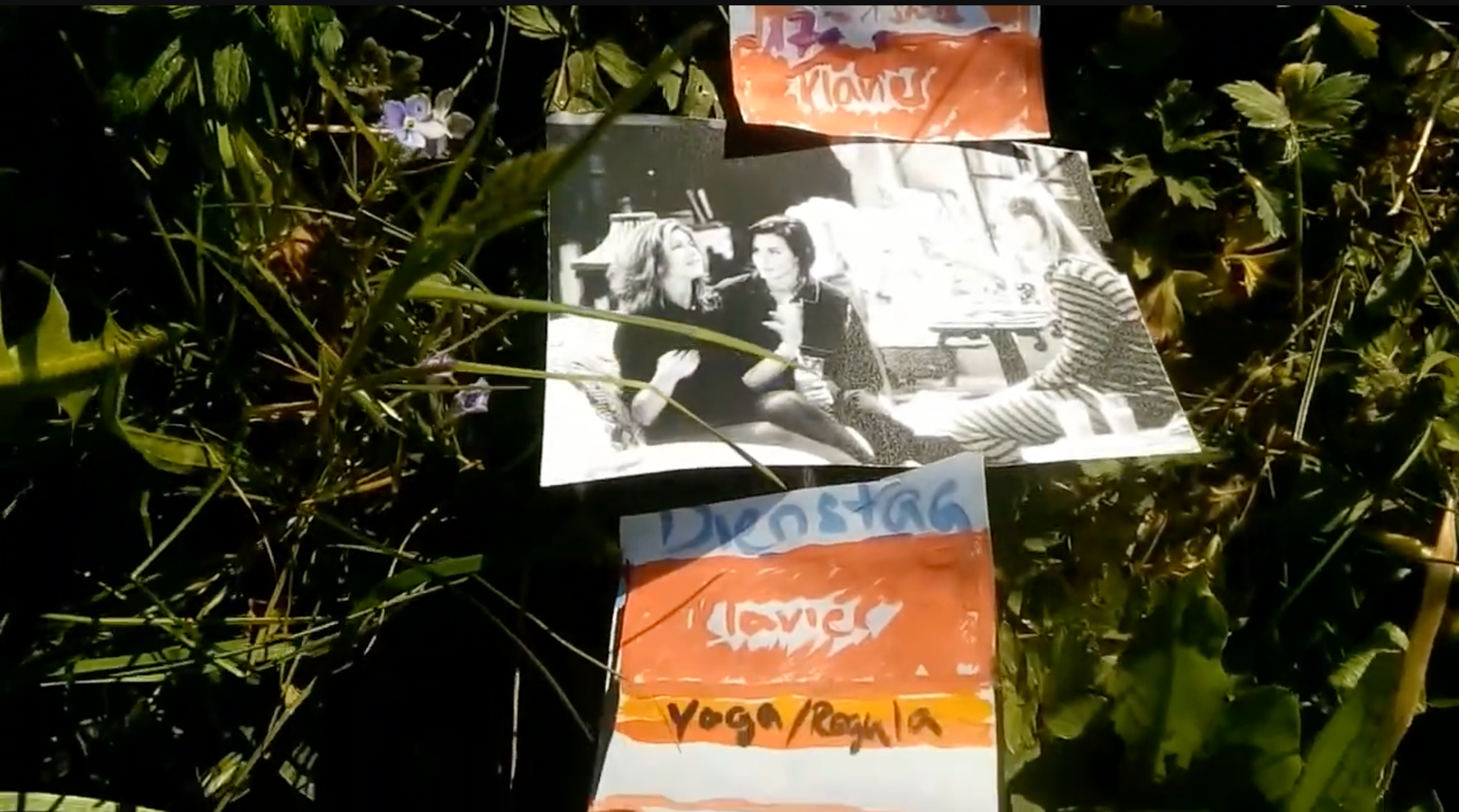
A short video that shows the ways in which Rieger organised her activities into weekly schedules in order to maintain her singing practice as well as her social life. Part of "Learning from COVID19: Reflections on knowledge-related commons and practices of self-organization amidst COVID19." Read more